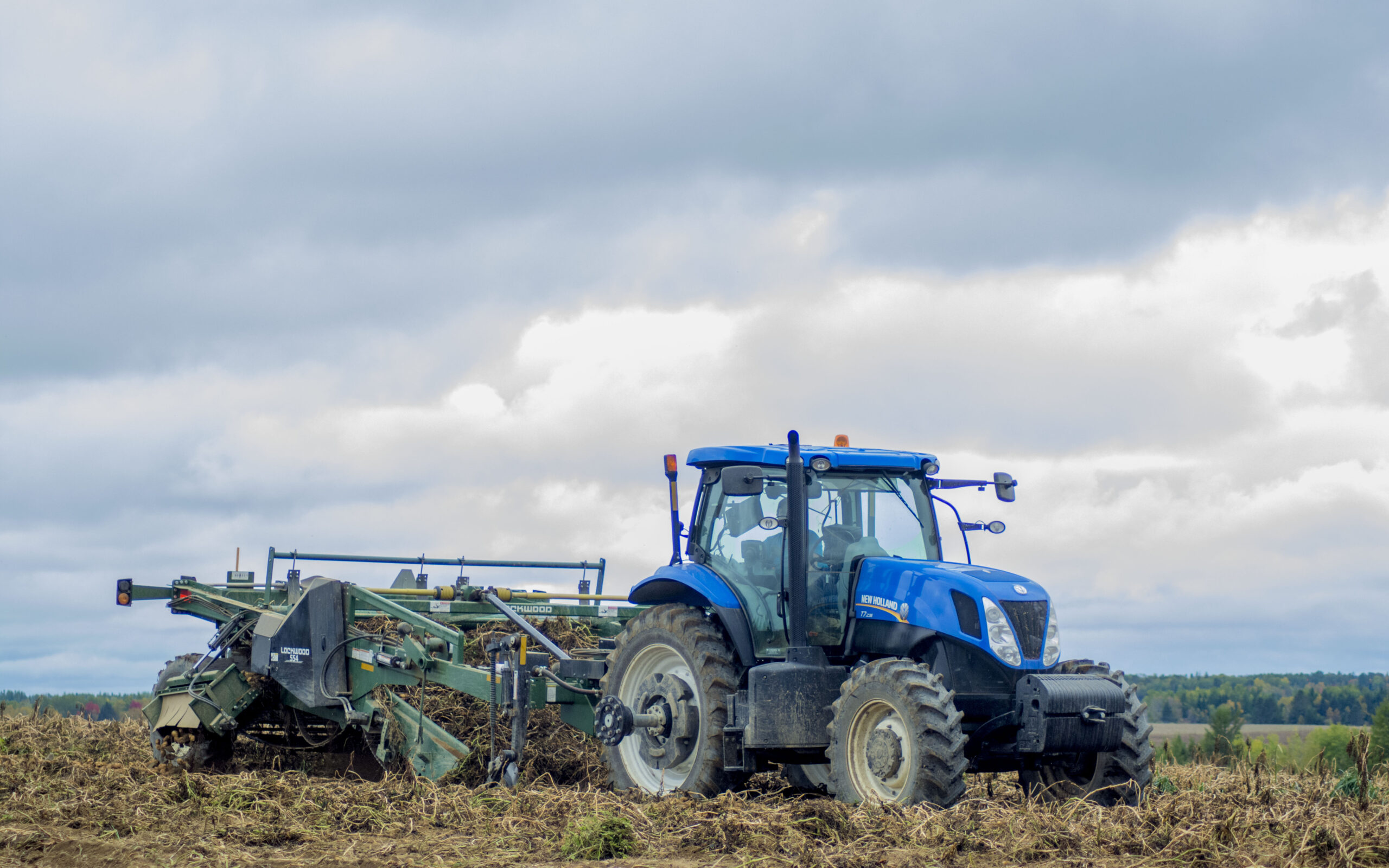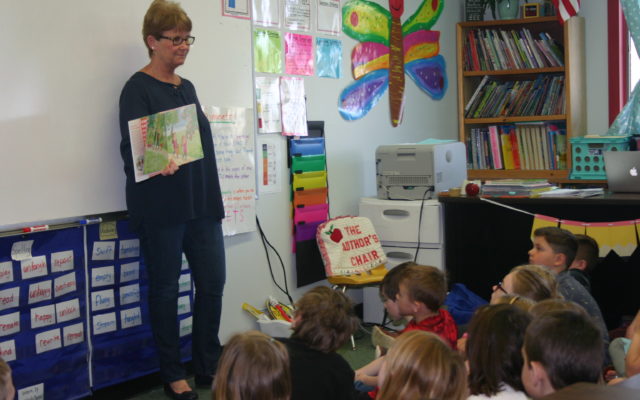
As far as Pam Townsend is concerned, even if someone has never set foot on a farm before, they are connected to agriculture.
“Do you eat food? Do you have clothes?” she said. “If you do, agriculture affects you.”
Townsend is president of the Maine Agri-Women, an Aroostook County-based organization dedicated to promoting agricultural issues and education statewide.
The 42-member group is an affiliate of American Agri-Women, the country’s largest coalition of farm, ranch and agribusiness women with more than 40,000 members nationwide.
The all-volunteer national organization was founded as an agriculture advocacy group in 1974.
“Maine Agri-Women began in 1992,” Townsend said. “We were alarmed by the deteriorating image of agriculture in Maine, so [we] decided to do something about it.”
[Subscribe to our free morning newsletter and get the latest headlines in your inbox]
People, Townsend said, were becoming disconnected from farming in Maine with small family farms giving way to larger agri-business operations or disappearing from the landscape altogether.
“You would ask, especially children, ‘where does milk or your food come from?’ and they would reply, ‘the store,’” Townsend said. “No one was teaching them about farming and very little was being done to promote farming in Maine.”
More than two decades later, Townsend said that image and awareness of agriculture in Maine has greatly improved and she is optimistic about its future in the state.
That optimism is backed up by a 2014 census report issued by the U.S Department of Agriculture that showed farming in Maine was on the upswing following years of decline.
The census data, collected by the USDA in 2012, showed the value of agricultural land in Maine had increased 24 percent over the previous five years. At the same time, there was an 8 percent increase of land devoted to farming in Maine.
The number of farmers also increased from around 7,000 in 2000 to 8,176 in 2012.
Maine is also bucking the national trend of an aging farmer population with the number of farmers age 34 and younger growing by almost 40 percent between 2007 and 2012, far ahead of the national average of a 1.5 percent increase in young farmers.
That’s the kind of information Townsend wants to spread.
“We want to educate people and show them how farming is important to Maine’s economy and to our environment,” she said. “Seeing these young farmers is so wonderful and some just needed someone to support them or give them encouragement to get into farming.”
- Pam Townsend, president of Maine Agri Women, reads the book “Applesauce Day” to second grade students at Fort Street Elementary School in Mars Hill on May 2, 2018. Every year Maine Agri Women volunteers visit classrooms throughout Aroostook County to educate students on local agriculture. (Melissa Lizotte)
Townsend and her fellow Agri-Women do just that, traveling around the state promoting all agricultural activities from potatoes to blueberries to lobsters. They speak at events, participate in fairs, organize agricultural fairs, support farm-related youth organizations and award scholarships to high school seniors going to on to postsecondary agricultural education programs.
The group is also an advocate for agricultural interests in state, local and national politics.
In 2019 the group will be supporting efforts to keep the annual harvest school break on the books in central Aroostook County.
“The harvest break is supposed to end this year in Presque Isle,” Townsend said. “We feel it is important that students be allowed to participate in the annual [potato] harvest because they learn as much doing that as they do in the classrooms.”
The group is also tackling the issue of increasing internet connectivity for Maine farmers.
“There is a need for strong and uninterrupted broadband as it relates to our farms, ranches and rural America,” Townsend said. “Broadband promotes the sustainability of resources, lowers production costs and enhances product quality.”
Another concern they are addressing is a growing labor shortage on Maine farms, one that forces farmers to invest in expensive mechanical equipment that do the jobs once performed by human hands.
Townsend said she did not grow up on a farm, but spent her childhood working on her grandfather’s Aroostook County potato farm during the harvest.
“I learned early to get up early, get into the fields and put in a good day of work,” she said. “As a group [the Maine Agri-Women] want to promote and see that work ethic continue with farming.”
This article originally appeared on www.bangordailynews.com.





